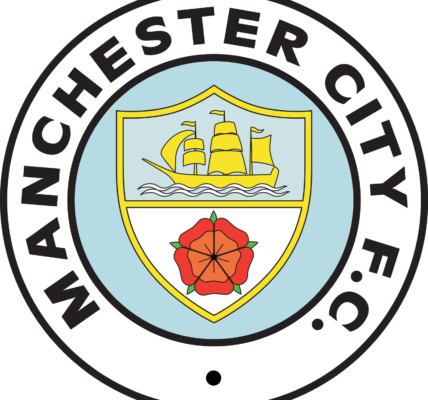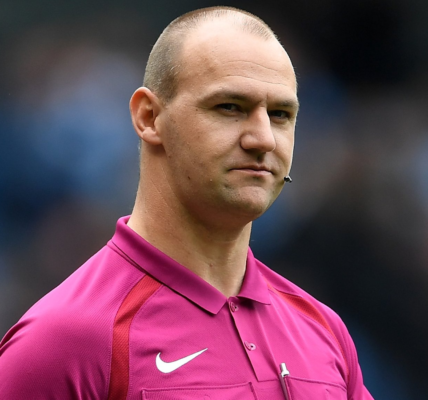Coventry City FC, often referred to as “The Sky Blues” due to their iconic sky-blue kits, is one of the most storied football clubs in English football history. Established in 1883, the club has played a significant role in the evolution of the sport both regionally and nationally. The club’s history is marked by triumphs, challenges, and passionate support from its fans. This article explores the legacy of Coventry City FC, highlighting key moments, achievements, and the club’s impact on the footballing world.
The Early Years and Formation
Coventry City FC was founded in 1883 under the name ‘Singers FC’, after the famous Coventry-based sewing machine manufacturer, the Singer Company. Initially a works team, Coventry FC soon transitioned into a more competitive side and joined various regional leagues. It was not until 1898 that the club adopted its current name, Coventry City FC, as it aimed to establish itself as a representative of the entire city.
The early part of the 20th century saw the club play in several lower divisions, gradually working their way up to more competitive leagues. Despite the challenges of the time, Coventry City was determined to succeed and continue building a fanbase in the Midlands region of England.
The Rise to Prominence
Coventry City’s significant rise to prominence came during the 1960s and 1970s, particularly with the appointment of legendary manager Jimmy Hill in 1961. Under his leadership, the club’s fortunes turned around dramatically, securing promotion to the First Division in 1967 for the first time in the club’s history.
The 1980s brought the club even more recognition. In 1987, Coventry City achieved one of the greatest triumphs in the club’s history by winning the FA Cup. In a thrilling final at Wembley, Coventry defeated Tottenham Hotspur 3-2, clinching their first-ever major trophy. The victory solidified Coventry’s place in the upper echelons of English football, and their remarkable achievement is still celebrated by fans to this day.
The Struggles and Challenges
Despite the early success, Coventry City FC has experienced its share of challenges. In the 1990s, the club struggled to maintain its Premier League status. After spending over 30 years in England’s top-flight football, Coventry City was relegated in 2001, beginning a turbulent period for the club.
The team faced financial difficulties, changes in ownership, and problems with stadium ownership, which led to an unstable period in the club’s history. In 2005, Coventry left their longtime home, Highfield Road, and moved to the Ricoh Arena, hoping for a fresh start. While the move provided the club with a modern stadium, it did not immediately translate to on-field success.
Recent Years and the Road to Recovery
After a challenging period in the lower divisions, Coventry City began to show signs of recovery in the 2010s. The club experienced promotion from League One to the Championship in 2014, with a new sense of optimism sweeping through the club. However, financial struggles and stadium disputes continued to plague the team, leading to the temporary relocation to Northampton for the 2013-2014 season, before finally returning to the Ricoh Arena.
In recent years, Coventry City FC has been on an upward trajectory, particularly under the management of Mark Robins, who took charge in 2017. Robins has played a pivotal role in revitalizing the team, leading them to promotion to the Championship in 2020 and guiding them through competitive seasons since then. His ability to instill a winning mentality and build a strong squad has been integral to the club’s resurgence.
The Fans: Heart and Soul of the Club
Coventry City FC has always had a loyal and passionate fanbase. The Sky Blues have a dedicated following who have supported the team through the highs and lows. Fans are known for their unwavering support, creating an electric atmosphere both at home and away games. The club’s slogan “Sky Blue Army” encapsulates the sense of unity and community that defines Coventry City fans.
Looking to the Future
With a renewed sense of hope and ambition, Coventry City FC is looking towards the future with optimism. The club continues to develop its youth academy, with the aim of producing talented young players who can contribute to the team in the years to come. The Sky Blues are also focused on securing a long-term, stable future, particularly in terms of ownership and stadium issues.
As Coventry City FC continues to compete in the Championship, their ultimate goal is to return to the Premier League and re-establish themselves among the elite teams in English football. With a strong squad, promising prospects, and dedicated fans, Coventry City FC is poised for success in the coming years.
FAQs
When was Coventry City FC founded?
Coventry City FC was founded in 1883 under the name “Singers FC” after the famous sewing machine manufacturer, the Singer Company. The club adopted the name “Coventry City FC” in 1898, as it sought to represent the whole city.
What is Coventry City FC’s most significant achievement?
Coventry City’s most significant achievement came in 1987 when they won the FA Cup for the first time in the club’s history. They defeated Tottenham Hotspur 3-2 in a thrilling final at Wembley, which remains one of the club’s most iconic moments.
Where does Coventry City FC play their home matches?
Coventry City FC currently plays their home matches at the Coventry Building Society Arena, also known as the Ricoh Arena. The stadium has been their home since 2005, providing a modern venue for fans and players alike.
Has Coventry City FC ever played in the Premier League?
Yes, Coventry City FC has played in the Premier League. They were a fixture in the top tier of English football from 1967 to 2001, a run that lasted over three decades. However, the club was relegated in 2001 and has since spent time in the Championship and lower leagues.
To Conclude
Coventry City FC’s journey through the annals of English football is a testament to the resilience, determination, and passion of the club and its supporters. From their early days as a works team to becoming FA Cup winners and battling through challenging times, the Sky Blues have proven time and time again that they are a club with a rich history and a bright future ahead.
To read more, click here

